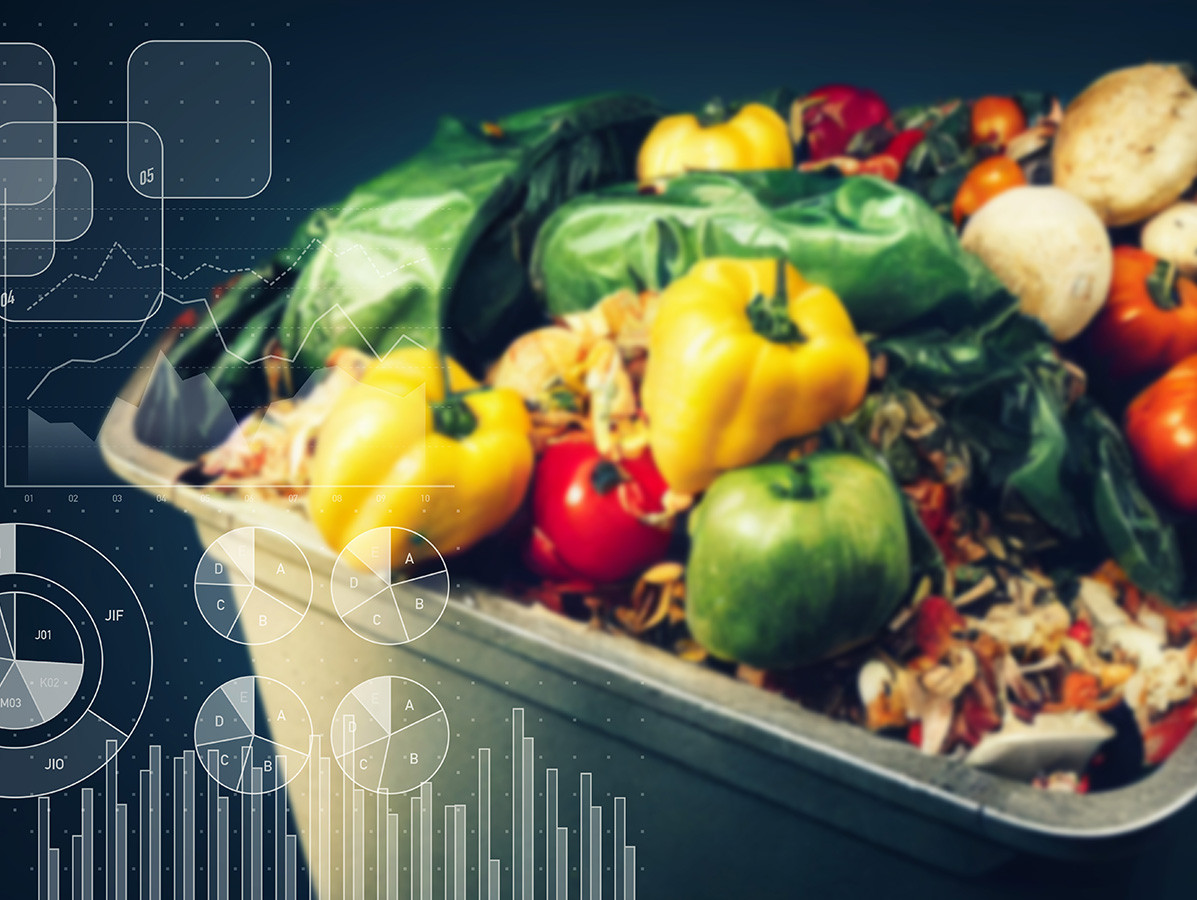
Can data help us make European food systems more sustainable? 'Yes,' argue researchers from the Data4Food2030 project, '...provided we manage data well and build trust among all stakeholders.' There is still work to be done there.
Technology to meet our sustainability needs is becoming more accessible every day. We can install sensors on the farm to measure emissions (such as CO2 and nitrogen). We can even deploy those sensors at every step in the food value chain: in the field, in the production chain and at retail. This information is increasingly reaching consumers. Getting big data has never been easier, but there is more: "Data-driven innovations are changing the way we produce, consume and share food," argues George Beers, project coordinator Data4food2030 at Wageningen University & Research. "Data is transforming our economy and society. These changes are rapid and far-reaching."
The changes are promising. "Food systems, supported by data-driven innovations and data platforms, are expected to transform into a food economy based on data spaces. To use Big Data effectively for food systems, this data must first be captured, analysed and put to good use. A lot of money is allocated to technical science and Big Data. We think more attention should be paid to how these affect society as a whole. The digital transformation of food systems has entered a twilight zone," George said. "There needs to be much more focus on whether those sharing data have trust in how the data is being used," he says.
Until now, the focus of research has mainly been on the technology behind data. Instead, the Data4food2030 project focuses its arrows on the social context. Besides concerns about trusting all that data, there are also questions about data ownership. For example, users are afraid that data could be misused to create monopolistic positions.
It will explore:
Data4Food2030 aims to 'improve the data economy for food systems' by providing industry design principles, recommendations and solutions. Led by Wageningen University & Research, the Data4Food2030 project received 10 million euros from the European Commission for the research.
Stakeholders from nine different EU countries will be part of nine case studies within the project. These are practical examples of the data economy at micro and meso-economic levels. Each case study asks a specific question to better understand the data space in its context.
For example, one study focuses on available data from pig farms, including measuring the impact of hygiene measures and meeting consumer expectations when it comes to daily management by farmers.
Another case study looks at Amsterdam's plan to become fully circular by 2050. How can data on waste streams be valorised to create economic, social and environmental insights for stakeholders working to reduce food waste?
All nine case studies are examined to map, improve, and exemplify the data economy for new data-driven business models: those that are fair and inclusive for food production, supply chains and the circular economy.
Photo: ©metamorworks/shutterstock.com
Source: Vakblad Voedingsindustrie 2023